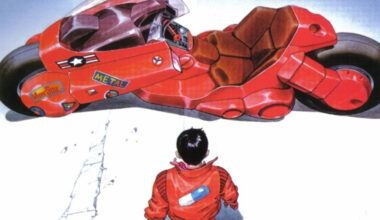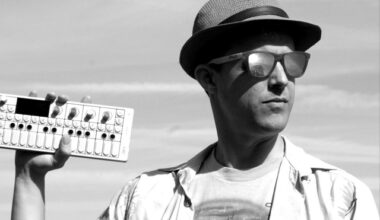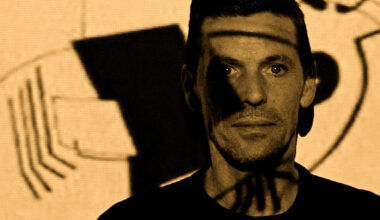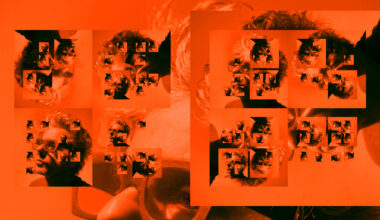The second album by Electribe 101 is the stuff of legend. Dismissed as “crap” when they were dropped by their major label in 1992, ‘Electribal Soul’ is nothing of the kind. When it finally saw the light of day, singer Billie Ray Martin proudly showed off this lost classic
Want to read more?
Sign up to Electronic Sound Premium to gain access to every post, video, special offers, and more. 100%, all you can eat, no commitment, cancel any time.
Already a premium member? Log in here






